All solutions under one roof
Under ideal circumstances, a print buyer wants all his job works done at one place. This logic prompted Ravinder Gupta of PR Packagings to diversify into different segments – to create a one-stop shop for all solutions. Rahul Kumar investigates.
24 Oct 2016 | By Rahul Kumar
In the last six months, Palwal, Haryana-based PR Packagings has expanded its portfolio to include lamitubes (ABL and PBL) and rigid box manufacturing. The company, established in 1991, has also installed a Heidelberg CD 102, a seven-colour plus coater UV printing press, to enhance its carton business.
Ravinder Gupta owner of PR Packagings, says, “Continuous investment in technology and new equipment is the key to success. Our investment was due for a long time, though we kept doing small investments. In the last six months, we enhanced our existing print production and purchased machines to add to our expanded portfolio.”
Gupta says the company decided to expand its portfolio with the realisation that print buyers do not want to approach different converters for different jobs. They want a single facility to fulfil all their needs. “We are trying to be that single facility which would fulfil all print buyer requirements,” says Gupta. “We have ample land, including construction. Thus, we have won half the battle already. The other half of the battle is acquiring technology, which we will do by and by.”
Acquiring technology
The first step towards acquiring technology was the investment in Heidelberg CD 102. The machine can print a sheet size of 28x40-inch at a speed of 15,000 sheets per hour. The sheetfed printing press is equipped with both interdeck and end of press UV curing. The best part, Gupta says, is that the machine is carbon neutral, implying that Heidelberg has ensured enough green initiatives to negate the machine’s carbon footprint.
The company’s previous big investment was a six-colour Mitsubishi Diamond 3000 six-colour with coater UV press, which was installed in May 2008.
The company has also invested in the Heidelberg Prinect pressroom manager. “Prinect gives me felicity and confidence to monitor the press from my cabin,” says Gupta.
Still on the expansion mode, Gupta is keeping his cards close to his chest. He did not want to divulge the amount of investment in the last six months.
“Our focus is technology, not cost,” says Gupta. “We believe our new investments will give us an edge and will help us fulfil our customers’ requirements. With this, we expect around 30% growth this year.”
Folding cartons to rigid boxes
Established in 1991, PR Packagings started with manufacturing paper and board boxes in 1997. Now, with new equipment and infrastructure, the company has three verticals, folding cartons, rigid boxes and lamitubes.
With these added segments, especially rigid boxes, Gupta now wants to focus on the export market. He explains, “We do not see further growth in mobile boxes in India, because mobile manufacturers are opting for low-cost ply boxes instead of high-end rigid boxes.”
The ISO 9001:2008, ISO 14001:2008, and BRC-IOP certified company has installed two rigid box machines from Hongming China, supplied by NBG Printographic Machinery. The HM-ZD6418 automatic rigid box machine can manufacture 2,100 boxes per hour.
“Right now, we are manufacturing two lakh boxes per month,” says Gupta. “Our target is five lakh boxes per month.”
Gupta says the machines from Hongming China are very easy to use. “The machine is capable of doing full-fold inside the box as well,” he adds.
From boxes to tubes
With the addition of the lamitube division, PR Packaging is seeking to explore the market beyond paper and board.
Right now, the company has three lines of aluminium barrier lamitubes (ABL) and plastic barrier lamitubes (PBL) from renowned European manufacturers, and can produce 3,00,000 lakh tubes per day.
“We are targeting to produce 1.5 crore lamitubes by the end of this year and five crore lamitubes in the coming two years,” says Gupta.
The company’s present infrastructure can manufacture tubes ranging from 16 mm to 35 mm. Gupta says the company is targeting pharma, toothpaste and cosmetics markets to begin with.
The company has also installed a CI letterpress for printing the laminates on the tubes. As of now, the company outsources the caps and closures for the tubes. However, there are plans to invest in in-house manufacturing of these items as well.
Generation next
The company has added new blood in the management as well. Ravinder Gupta’s son Vishesh, an alumnus of IIT Kharagpur has joined the company. This makes Vishesh the second generation of the company started by his father. This doesn’t mean that Gupta senior will now take a backseat. “My son will have to drive the business in the future,” says Gupta, adding, “I am there to teach and guide him, the way I guide all my people on the shopfloor. This is not a new exercise from me.”
Lakshay, Gutpa’s other son, is focusing on a travel business. “He is busy with an online travel portal to plan itineraries,” says Gupta.
Operation green
The first time PrintWeek India visited the PR Packagings office, Gupta offered us special water mixed with different herbs and vegetables, including tulsi, ginger, mint, cucumber, among others. The next time we were treated with limewater and green tea, which were equally refreshing.
Gupta is big on green initiatives. He has carried out tree plantation drives in the premises of his plant in Prithla village in Palval, Haryana. The last time we were in his office, we asked how many trees there are. Gupta immediately asked someone to go out and count the number of trees, and also to organise another tree plantation drive soon.
Not just big trees outside, Gupta has also installed indoor plants all around his office and factory, plants that can produce more oxygen compared to a normal tree.
Gupta credits his wife Punita Gupta, who spent around a decade in the operations, for starting the green initiatives. Meanwhile, PR Packagings also organises blood donation camp to help others.
The company has staff strength of around 400 people. Now, Gupta plans to hire professionals to run the plant.


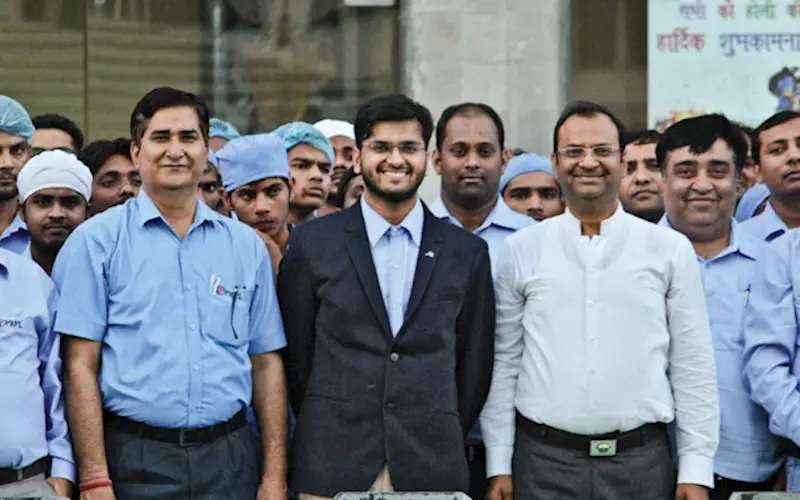
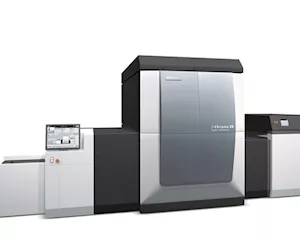
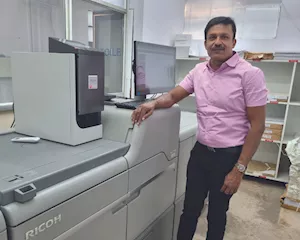
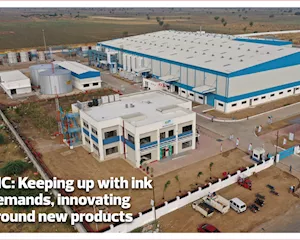
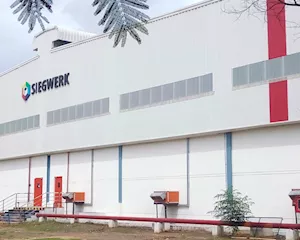
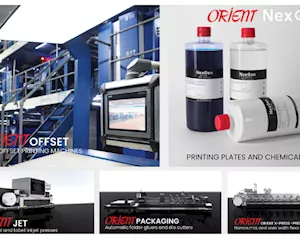






 See All
See All